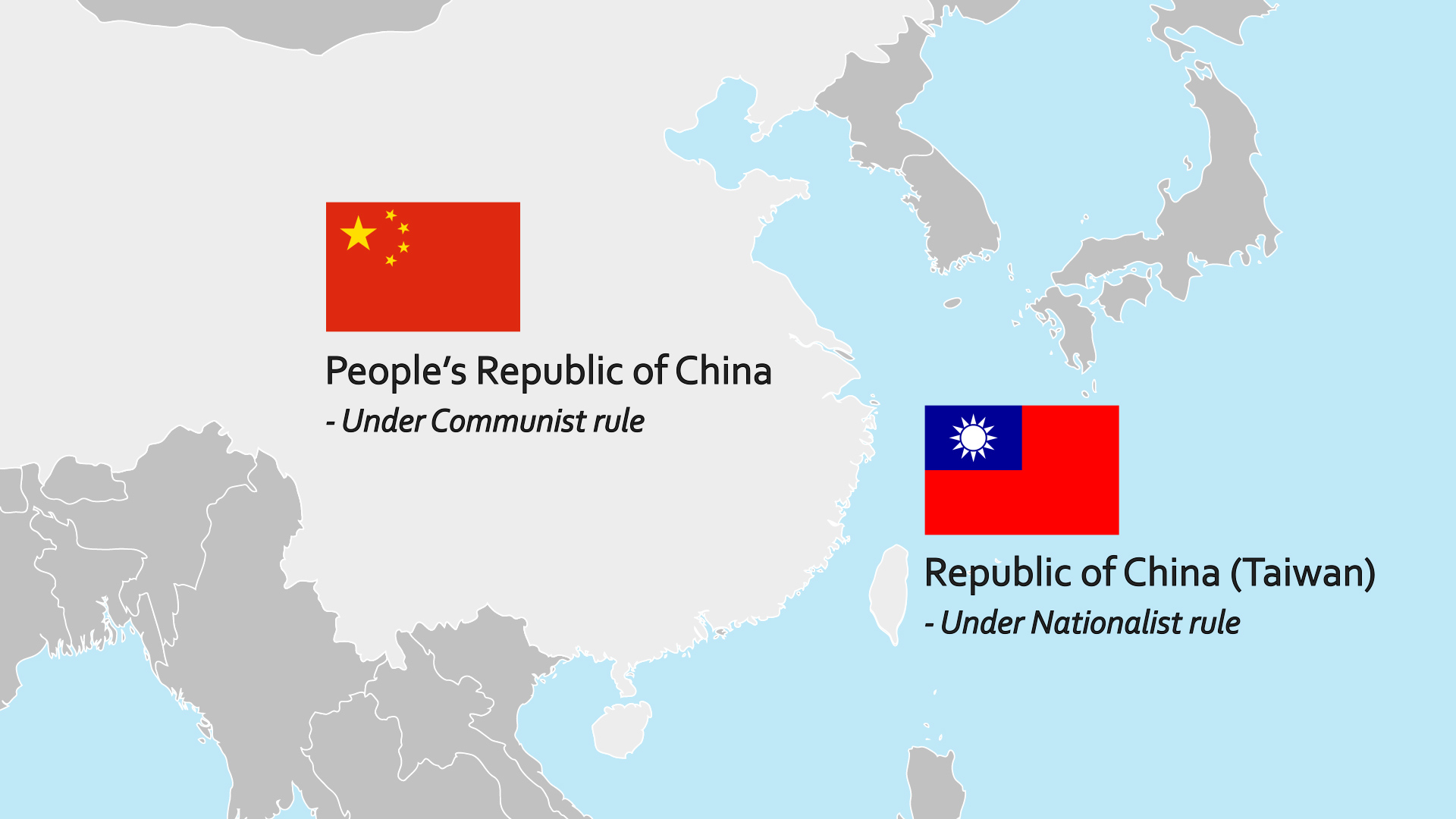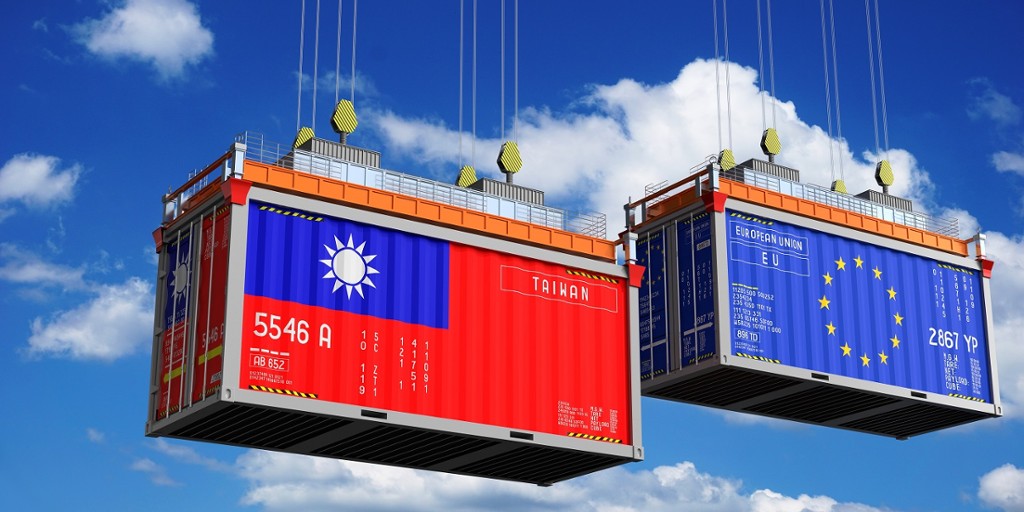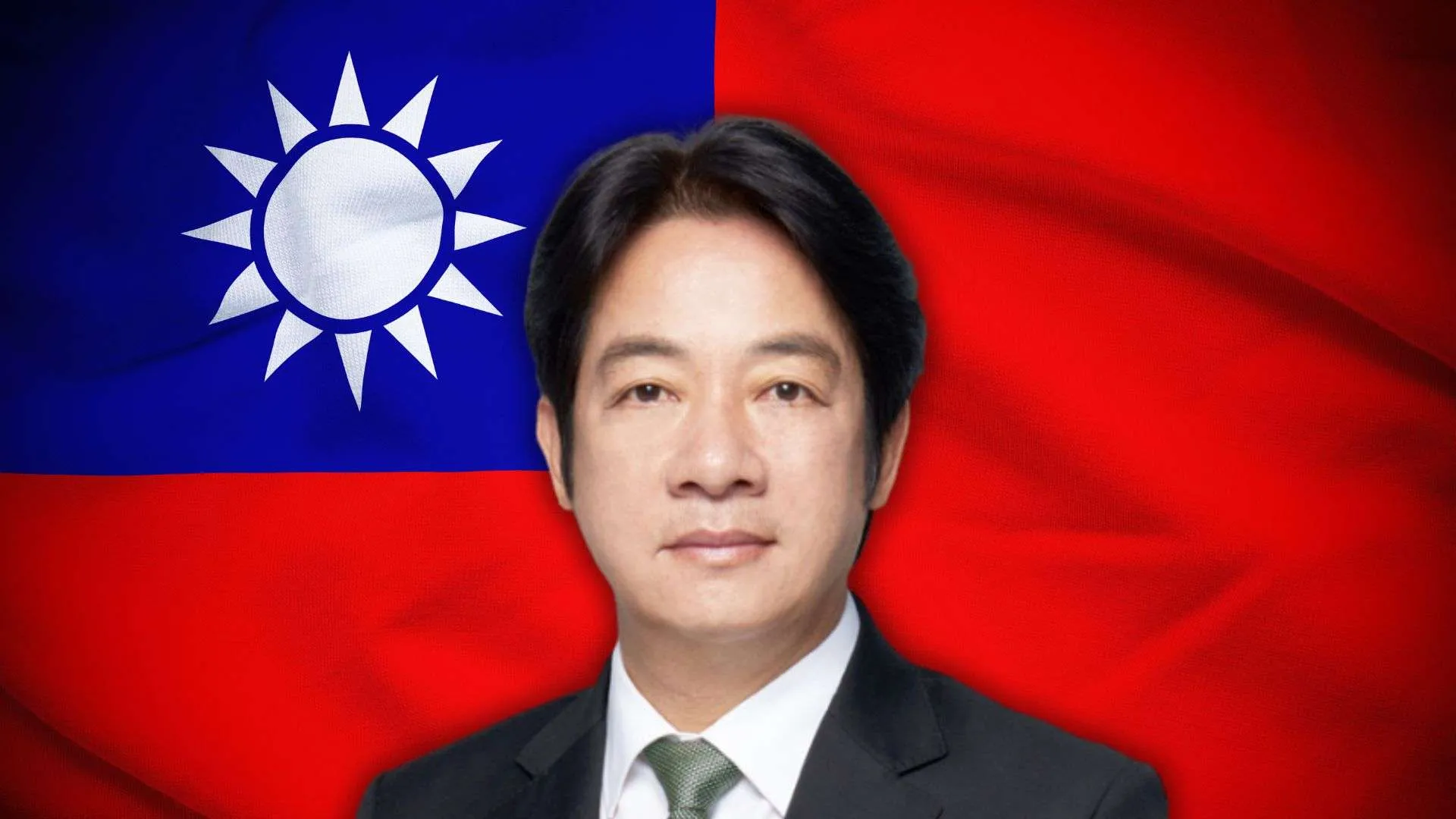by Martin Haffner Associate Editor
In recent statements, officials from Mainland China have called on Taiwan’s Democratic Progressive Party (DPP) to stop hindering cross-Strait tourism, emphasizing the importance of open exchanges and mutual understanding between the two regions. This appeal comes against the backdrop of increasing tensions between the two sides, particularly regarding political ideologies and national identity.
Background to Cross-Strait Tourism
Cross-Strait tourism, which encompasses travel between Mainland China and Taiwan, has historically been a significant aspect of the relationship between the two. Prior to the rising tensions, millions of tourists from Mainland visited Taiwan each year, contributing significantly to the local economy and fostering personal relationships across the Strait. However, since the DPP rose to power in 2016, under President Tsai Ing-wen, there has been a noticeable decline in the number of Chinese tourists visiting Taiwan, attributed in large part to growing political friction.
Economic Implications
Tourism is a critical component of Taiwan’s economy, and the decrease in visitors from Mainland China has led to concerns among local businesses, especially those reliant on tourism. Hotels, restaurants, and cultural attractions have all felt the impact of reduced foot traffic, prompting calls for a reconsideration of policies that may be obstructing tourism growth.
Mainland officials argue that increased tourism could lead to enhanced economic ties and a better understanding between the people of Taiwan and Mainland China. By allowing easier access for tourists, they assert that both regions could benefit economically while simultaneously promoting people-to-people exchanges that could help ease political tensions.
Political Context
The DPP’s approach to cross-Strait relations has been characterized by a push for Taiwanese sovereignty and a distancing from the Mainland. The party’s stance has led to increased scrutiny over policies that affect tourism, with some asserting that the DPP is leveraging tourism to advance its political agenda.
In response, the Mainland has urged the DPP to prioritize economic benefits over political posturing, claiming that the welfare of the Taiwanese populace should take precedence. This is seen as an effort not only to stimulate economic cooperation but also to foster a dialogue that might bridge the growing ideological divide.
Appeals for Cooperation
In a recent address, a spokesperson for the Mainland emphasized that fostering tourism should not be seen merely through a political lens. Instead, they highlighted the long-standing traditions of cultural exchange and mutual visits that have defined cross-Strait interactions for decades. Encouraging the DPP to adopt a more open stance, the spokesperson asserted that “tourism serves as a bridge of understanding” and that the well-being of local Taiwanese people should transcend party politics.
As both Mainland China and Taiwan navigate the complexities of their relationship, the call from the Mainland for the DPP to cease obstructive policies regarding tourism serves as a reminder of the economic and cultural ties that have historically connected the two regions. By focusing on cooperation, the hope remains that cross-Strait tourism can be revitalized, facilitating greater understanding while providing tangible benefits to both economies.
The future of cross-Strait tourism remains uncertain, but the dialogue continues, with calls for greater collaboration echoing on both sides of the Strait, highlighting the need for balance between economic interests and political beliefs.



